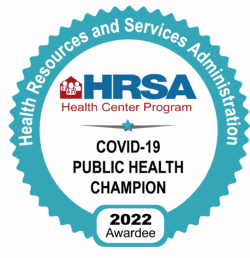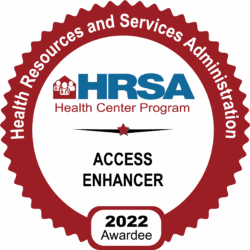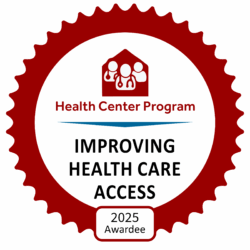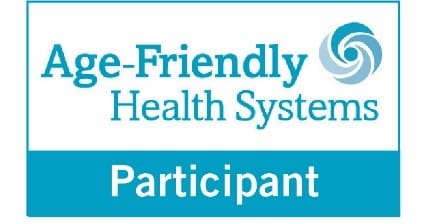Branding
Thank you for upholding the Arcare brand. Thought, intentionality, and hard work is put into creating a cohesive brand design. Please use these logos in adherence with the Arcare Brand Guidelines.
Arcare
Continuum
Arcare Foundation
KentuckyCare
Color Information
Primary – Blue
Pantone 285C
Pantone 300U
C100 M44 Y0 K0
R0 G121 B193
#0079C1
Accent – Yellow
Pantone 7548C
Pantone 109U
C0 M25 Y100 K0
R255 G194 B14
#FFC20E
Accent – Gray
Pantone Cool Gray 6C
Pantone Cool Gray 6U
C0 M0 Y0 K40
R167 G169 B172
#A7A9AC














